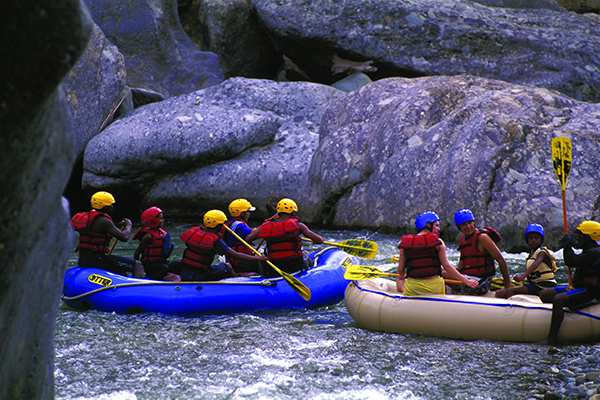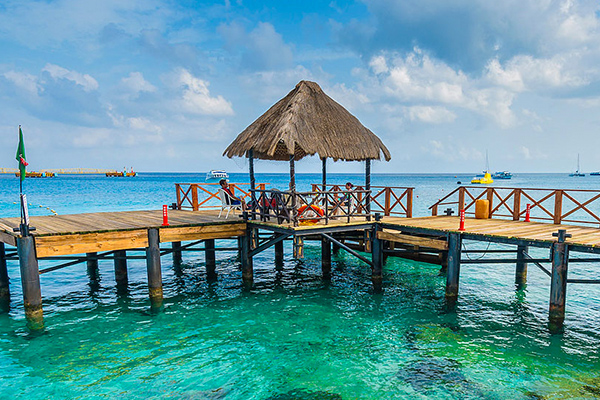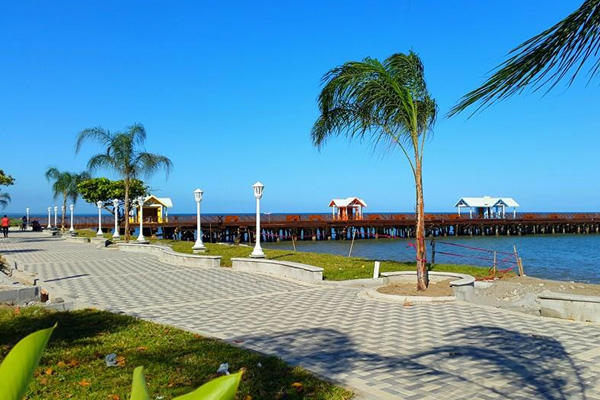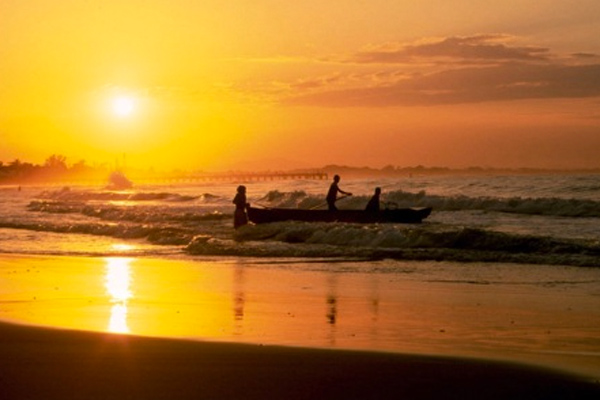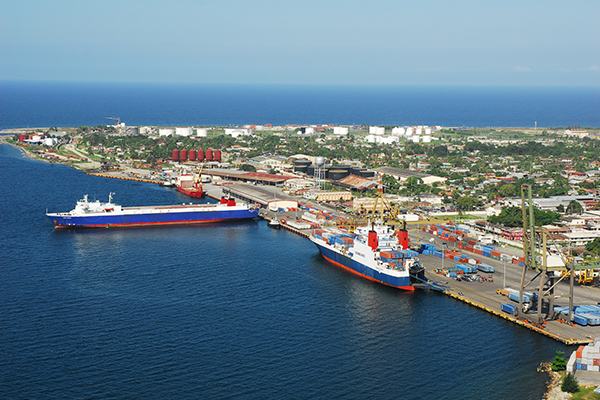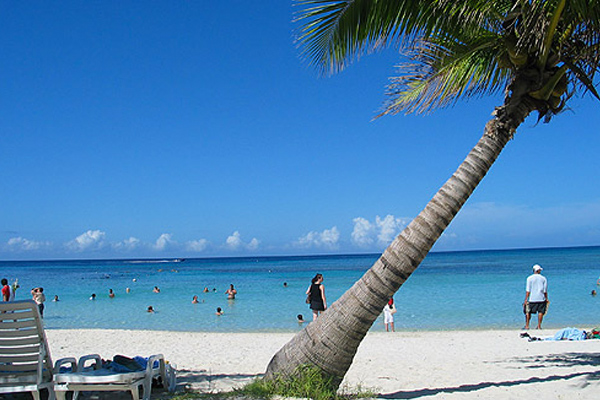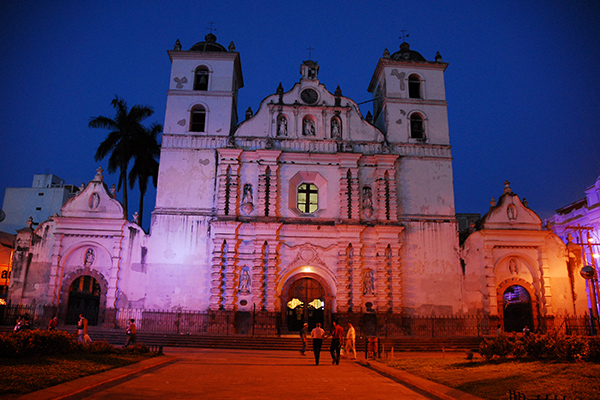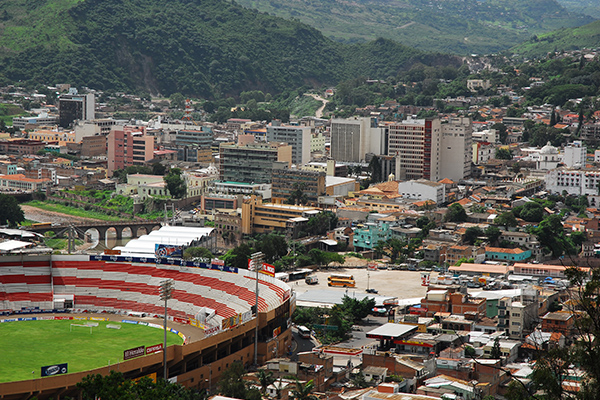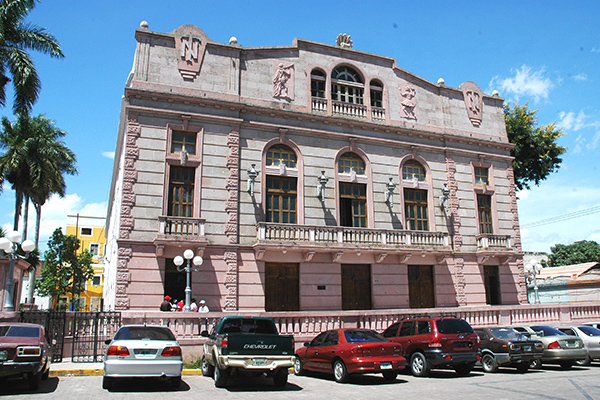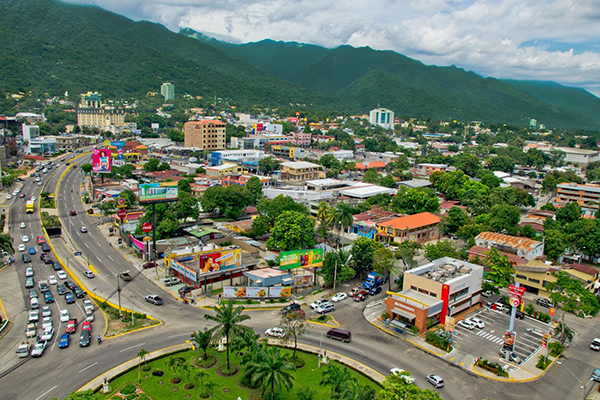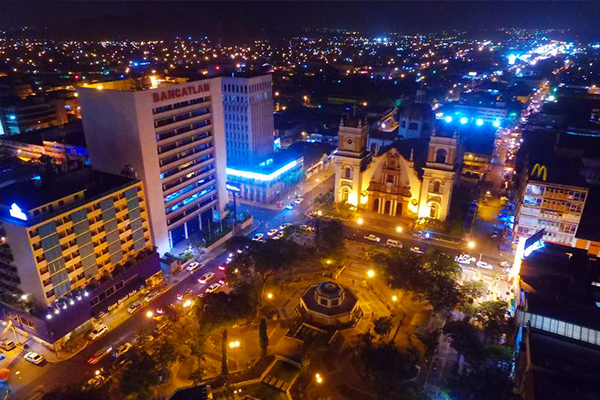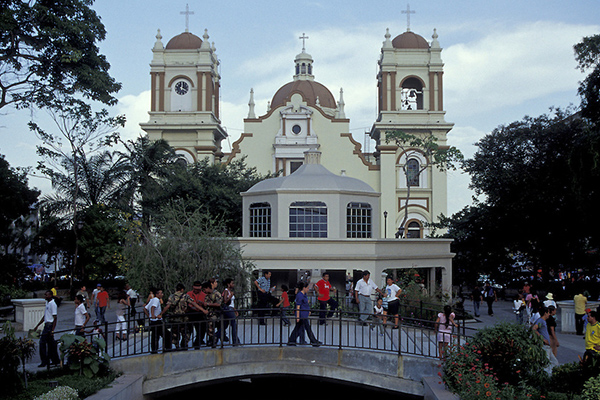Business
La Ceiba, Atlántida
La Ceiba, Atlántida,
is the third most important city in Honduras and, undoubtedly, the tourist capital. Its numerous natural attractions add to the proximity and transport facilities with other destinations preferred by visitors. Its diverse resorts and beach hotels as well as the accessibility to the Honduran Caribbean make of this city a strategic site of commerce and tourism.
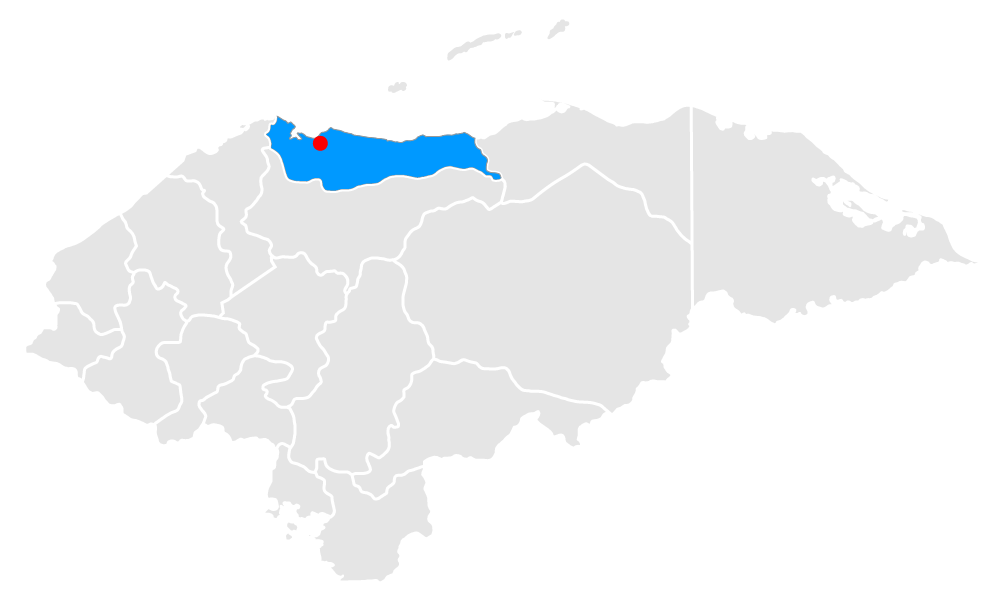
Locación
Puerto Cortés, Cortés
Tegucigalpa, Distrito Central
Tegucigalpa, Distrito Central,
the capital of Honduras is a city whose beginnings date from the end of the 16th century and are related to the discovery of silver veins in its vicinity. This colonial and mining past is still palpable in the historic quarter of the city. The Honduran capital is the political and administrative center of the country, today it is an interesting mixture of colonial buildings and modern constructions scattered throughout its mountainous geography.
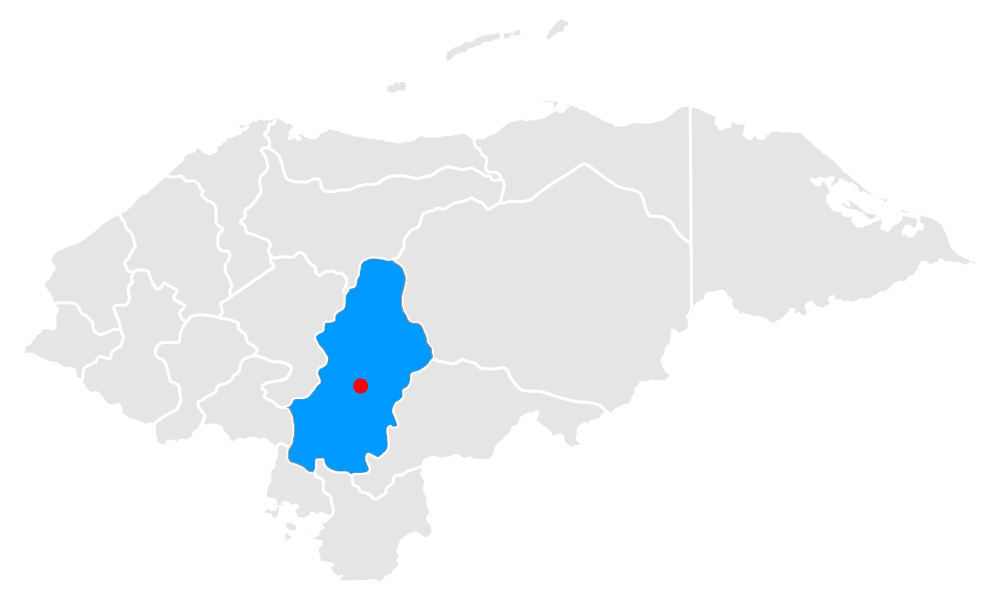
Locación
San Pedro Sula, Cortés
San Pedro Sula, Cortés,
is the second largest city in the country, known as the "industrial capital of Honduras", since there are established the most important industrial companies in the country. In this municipality, more than 20 industrial branches generate a high percentage of the income of the population sampedrana. These include: Pharmaceutical Industry, Call Centers, soft drinks, beers, textiles, cotton, plastics, tobacco, cosmetics, serums, meat, concrete, soap and paint processors, among others. The city has restaurants and hotels of very good quality created to attend to a huge population of business men and women who visit it constantly, the main port of entry and exit of the tourists who arrive to Honduran lands. Another great advantage is its proximity to the main tourist destinations of the west and the Atlantic coast of the country. Bananas displaced African palm oil as the country's second largest agricultural export, only behind the immovable coffee. In recent years the banking sector has grown considerably, and San Pedro Sula currently has more than 20 banking institutions, of which half were established in the last decade of the twentieth century. In addition, insurance companies have increased, and with the construction of modern shopping centers, trade has expanded. Economists say that San Pedro Sula can rebound economically with business tourism or conventions, as the city has the necessary infrastructure.
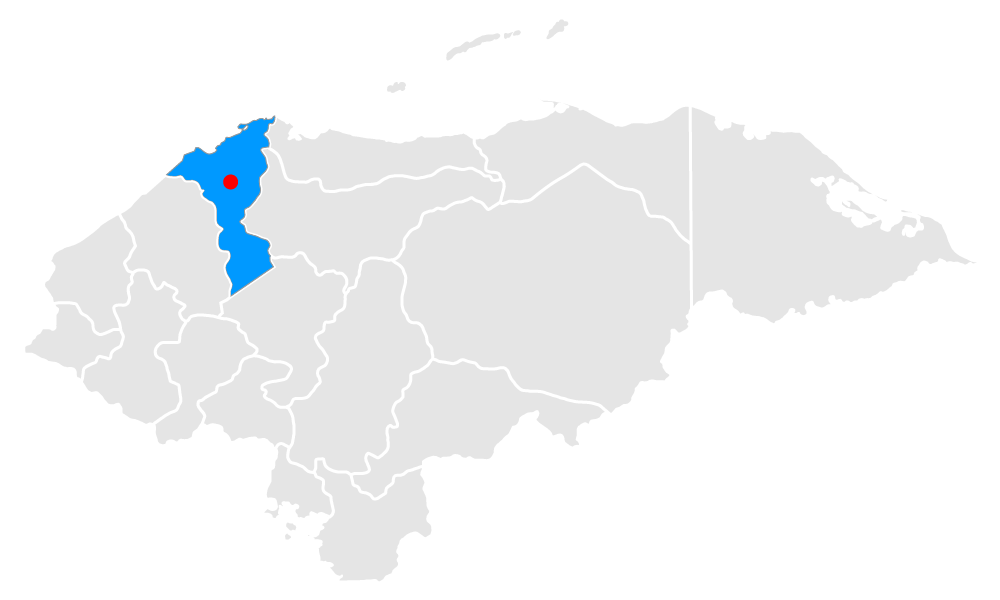
Locación

